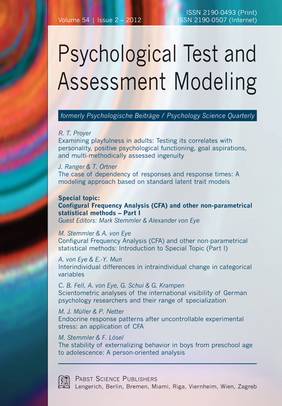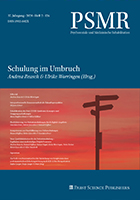"The prototypic playful adult can be described as being extraverted, low in conscientiousness, open, gelotophilic, agreeable, following intrinsic life goals with extrinsic goals being of low importance, an endorsement of pleasurable and engaged life, and having both a high self-perception of the own ability to be genuine with also a trend towards greater psychometrically measured ingenuity," Dr. Rene Proyer (Zürich) found in his study "Playfulness in Adults", published in Psychological Test and Assessment Modeling.
"Results point towards a potential of playfulness for eliciting positive emotions in adults and for facilitating the occurence of flow-experiences. While overall playfulness existed independently from life satisfaction, its fun-variants shared about 10% of variance with a global evaluation of the cognitive aspects of well-being. It can be speculated that playfulness relates to other indicators of well-being as well; e.g., quality of life, or perhaps, psychological and physical well-being."
Proyer argues "that playful students might have a different way of not only approaching an exam but also preparing for the exam. It is not yet known whether this is manifested through the creation of a ludic environment or whether personality traits play a bigger role - nevertheless, there seems to be a potential for play and playfulness in learning- and work-related settings. It is argued that playfulness may have potential for increasing passion and joy or love of learning in learners ..."
Psychological Test and Assessment Modeling 2012-2























